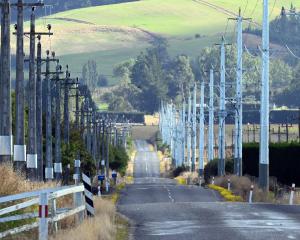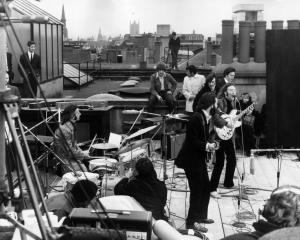The Government’s approach to the Tax Working Group report could see history repeating itself, writes Gerald Cunningham.
As a member of the baby-boom generation I have been around a long time. Seventy-three years to be exact. During that time I have seen a New Zealand Labour government self-destruct twice.
With the proposed introduction of a new tax by the Labour Government of 2019, the party is again setting the stage to shoot itself in the foot for a third time. Its proposal to introduce a capital gains tax in New Zealand is the weapon of choice.
By 1957, the Labour Party had been out of power since 1948. In that year the party, with Sir Walter Nash as the prime minister to be, won the election. Times were not easy and those who had voted for Labour were looking forward to the introduction of legislation that would bring a level playing field for both the rich and poor in this country. Economic conditions in 1957, when the new government came to power, were similar to the economic conditions of New Zealand today. Life was not easy for a large number of Kiwis in 1957.
Within eight months, the new Labour government had set itself up for twelve more years in the political wilderness. The reason? The minister of finance, who was born with the unfortunate name of Heinrich Arnold Nordmeyer, until he changed it to Arnold Henry Nordmeyer, introduced into Parliament on June 26, 1958, what is still known as the "Black Budget''.
The reality of this Black Budget was not as bad as people believe today, but its historical shadow still casts a pall over the Labour Party. The reason is a simple one. The new government played around with New Zealanders' taxes and paid the penalty. It raised taxes on cars, alcohol and tobacco. That was enough.
People did not forget and in the next election, of November 1960, the new government was thrown out. It would be 1972 before another Labour government took office. By then, times were different. There was high inflation in the New Zealand economy and with property prices following suit, many people made a lot of quick money speculating in property. The answer? The Labour government introduced the Property Speculation Tax 1973 which saw any capital gain made on New Zealand property sold within two years of purchase, taxed at 90% for an early sale, reducing to 60%, depending on the length of time the property was owned. At the time, it was referred to as the envy tax and as such achieved nothing to help deserving and hardworking Kiwis into owning their own homes. In fact, the Speculation Tax had the opposite effect. Owners simply withdrew their property from the market. The result was a shortage of rental properties, when the ordinary working man or woman in the street stopped buying investment property. The other was a shortage of properties for sale when homeowners simply withdrew their property from the market until the two years had elapsed.
The result? Labour was again voted out by the New Zealand electorate in 1975 and did not regain power until 1984.
It seems history is set to repeat itself. The message is simple. Kiwis do not like new taxes.
- Gerald Cunningham is a pensioner, part-time author and photographer who lives in Lauder, Central Otago.











